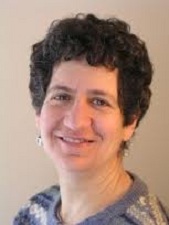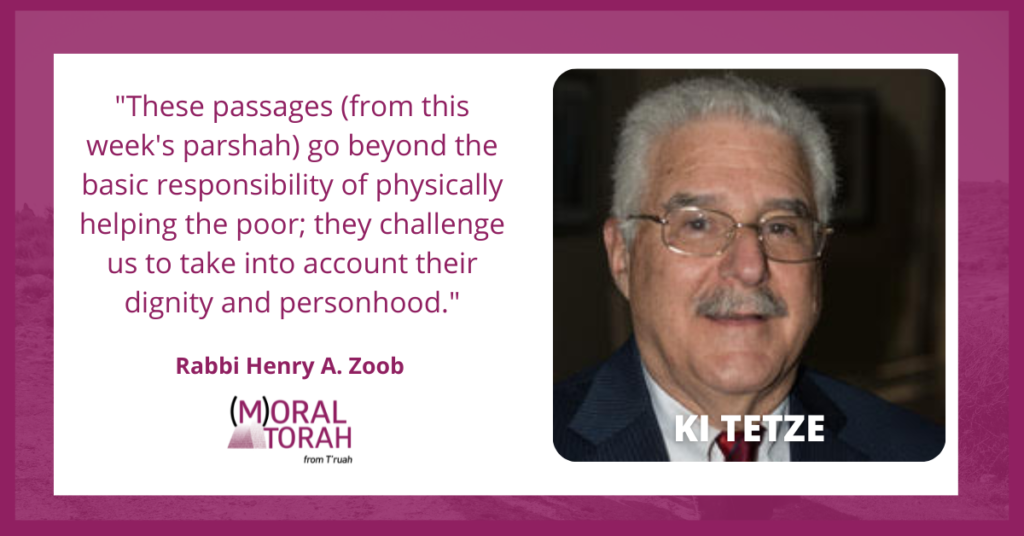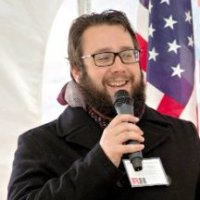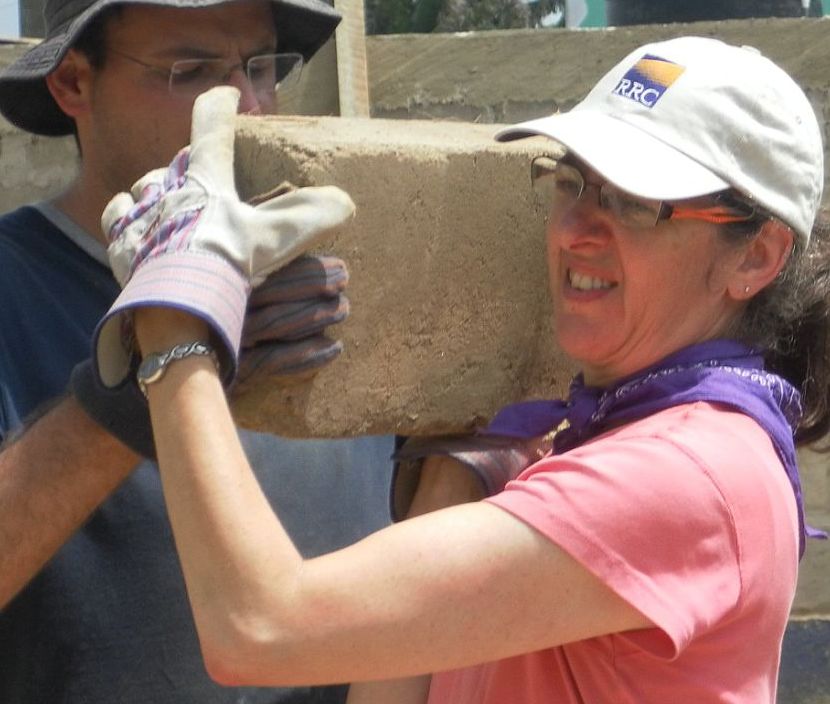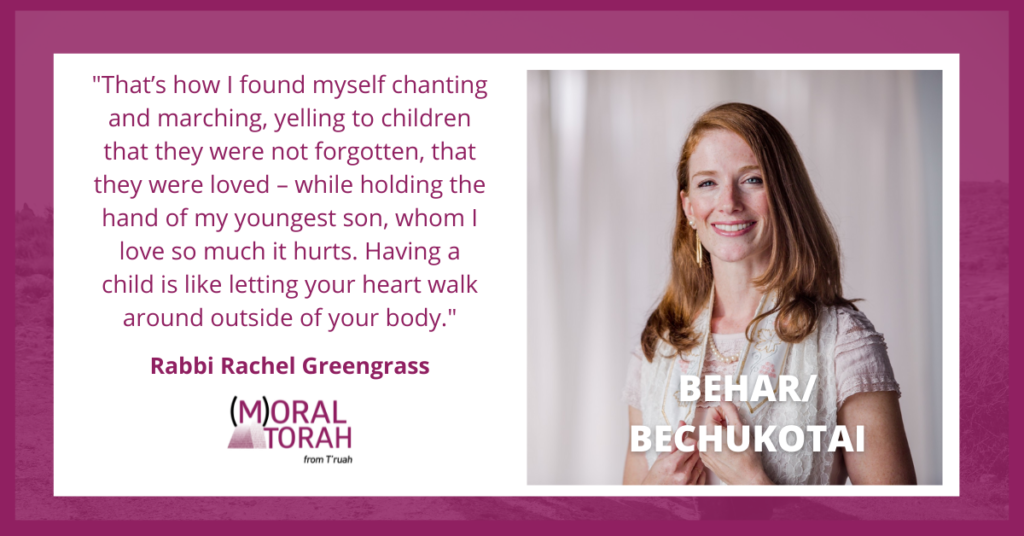
Migrants on God’s Land
That’s how I found myself chanting and marching, yelling to children that they were not forgotten, that they were loved – while holding the hand of my youngest son, whom I love so much it hurts. Having a child is like letting your heart walk around outside of your body.
read more

